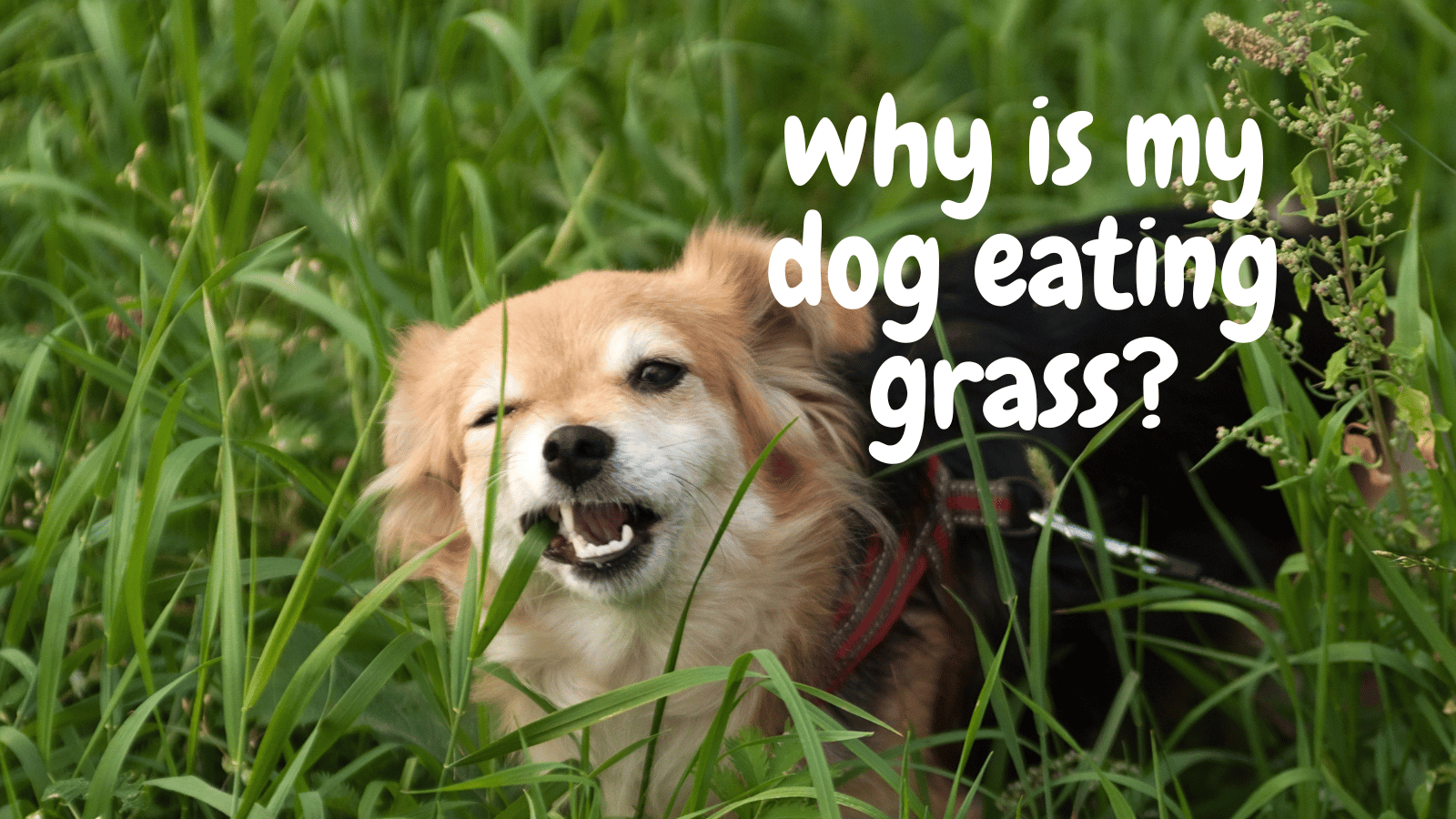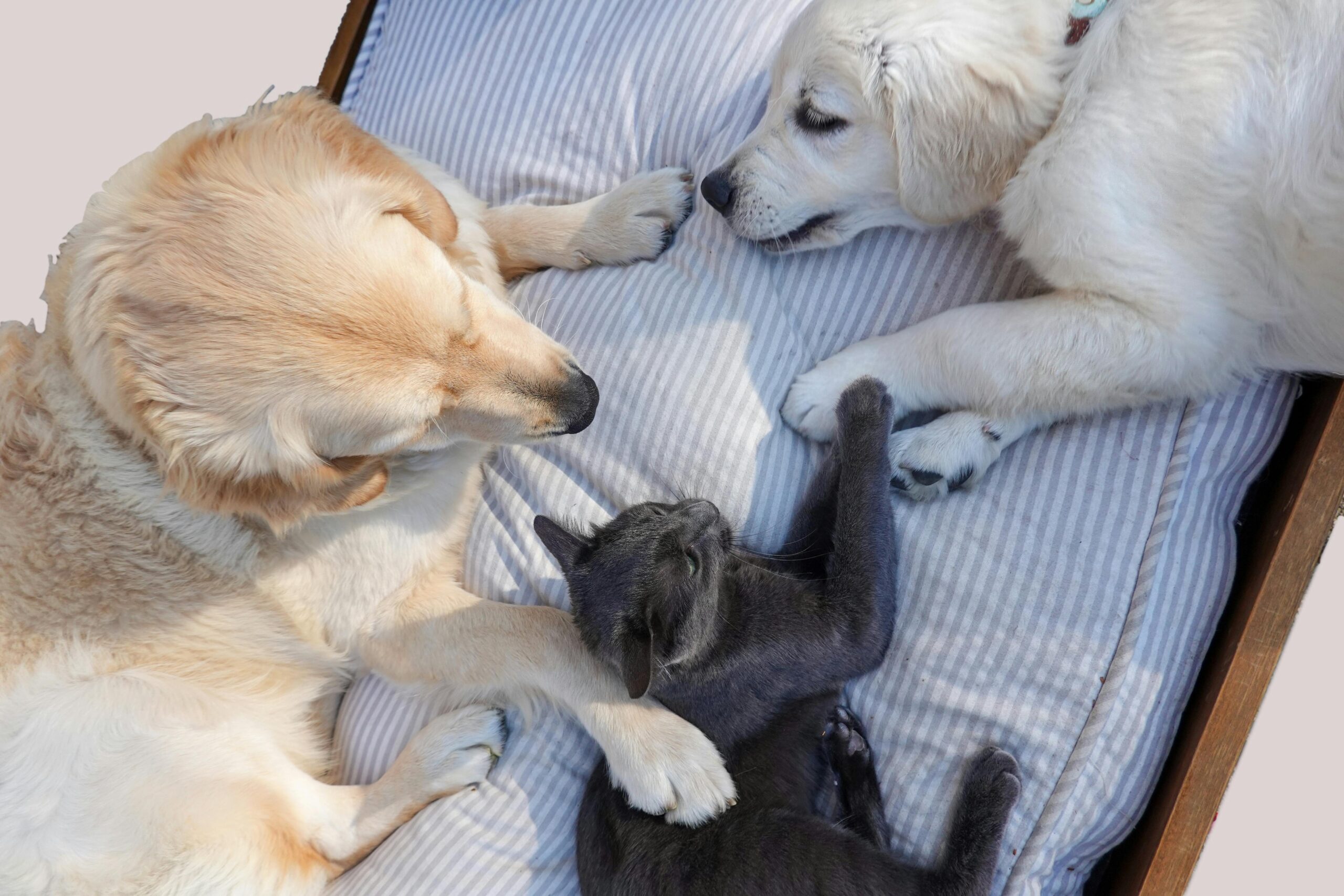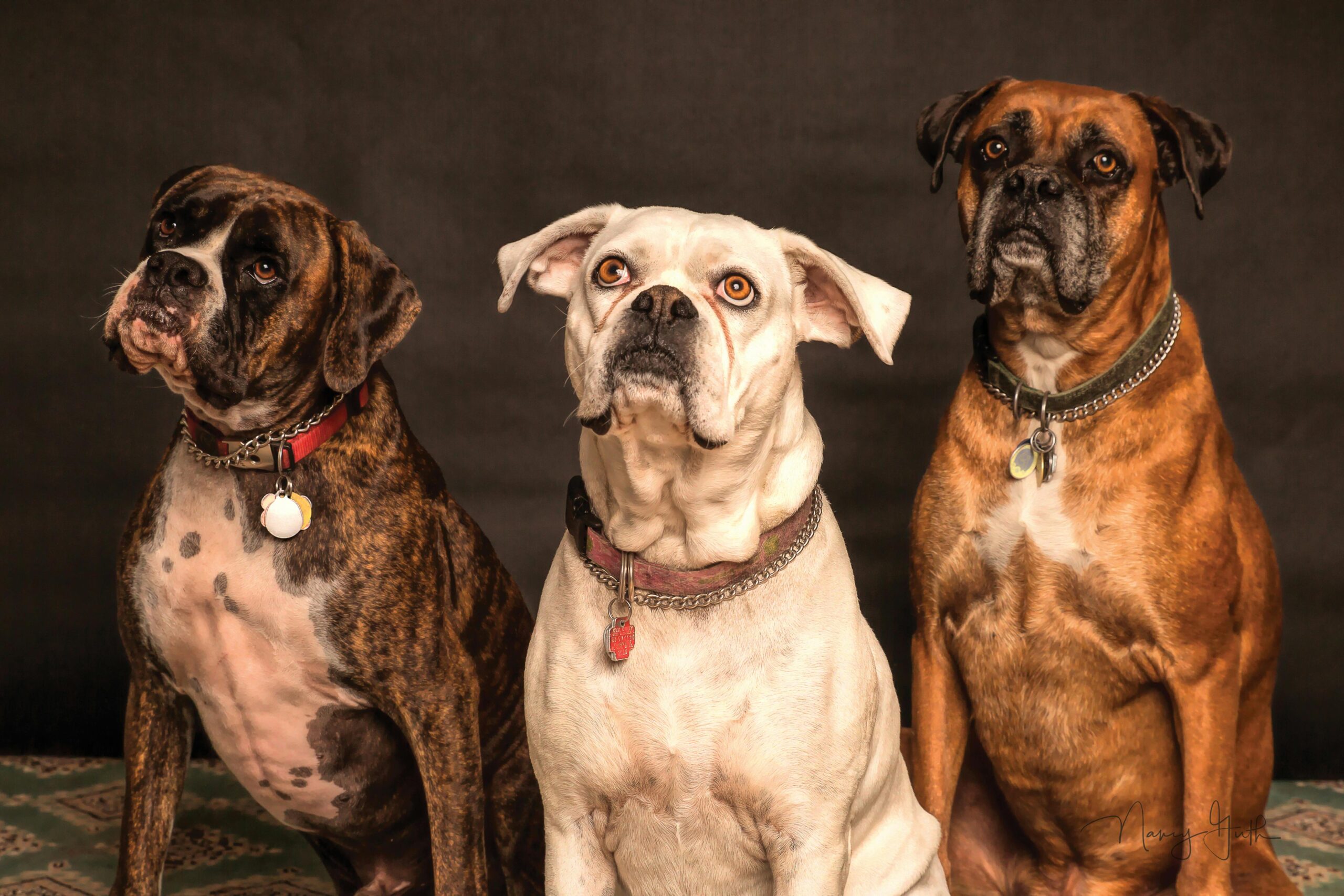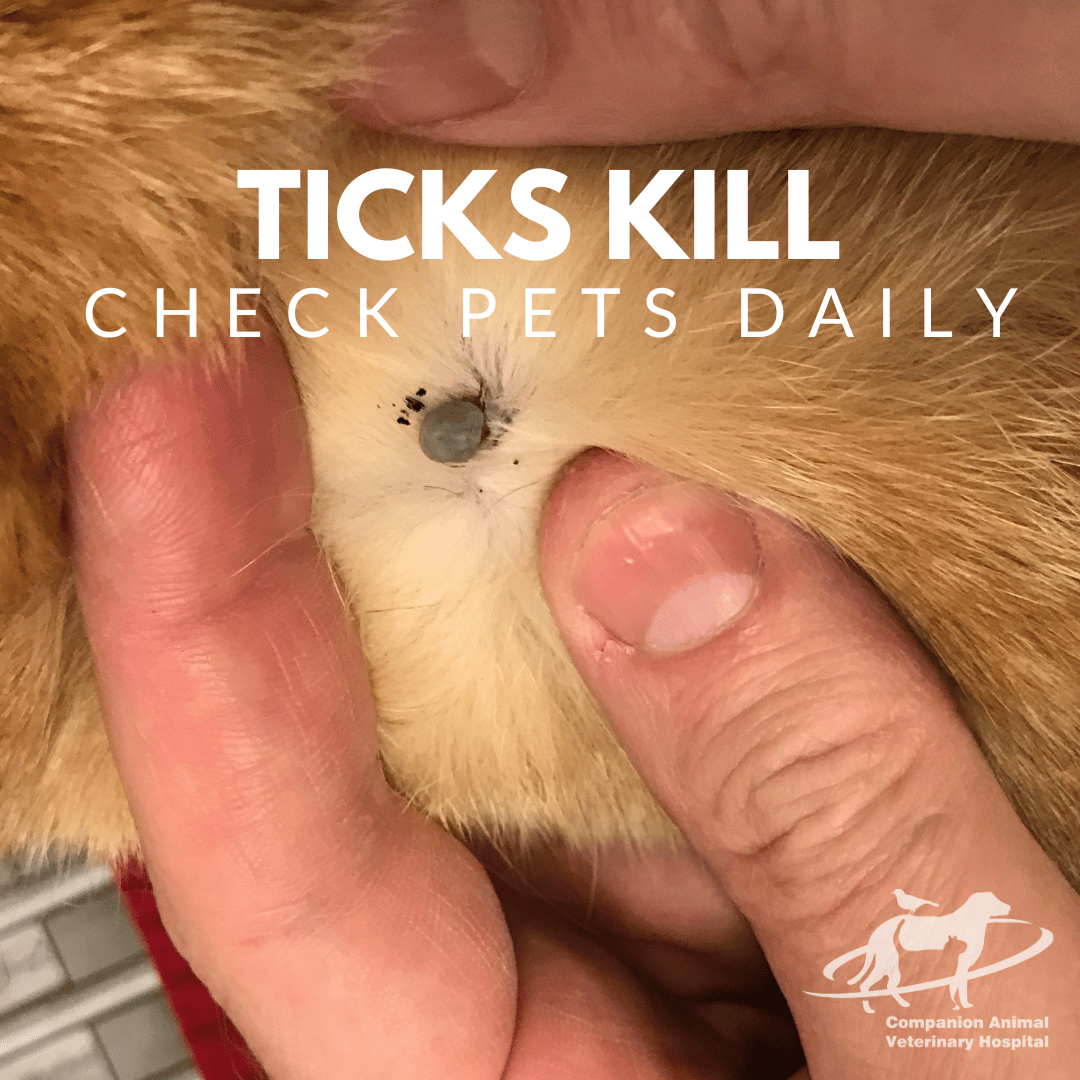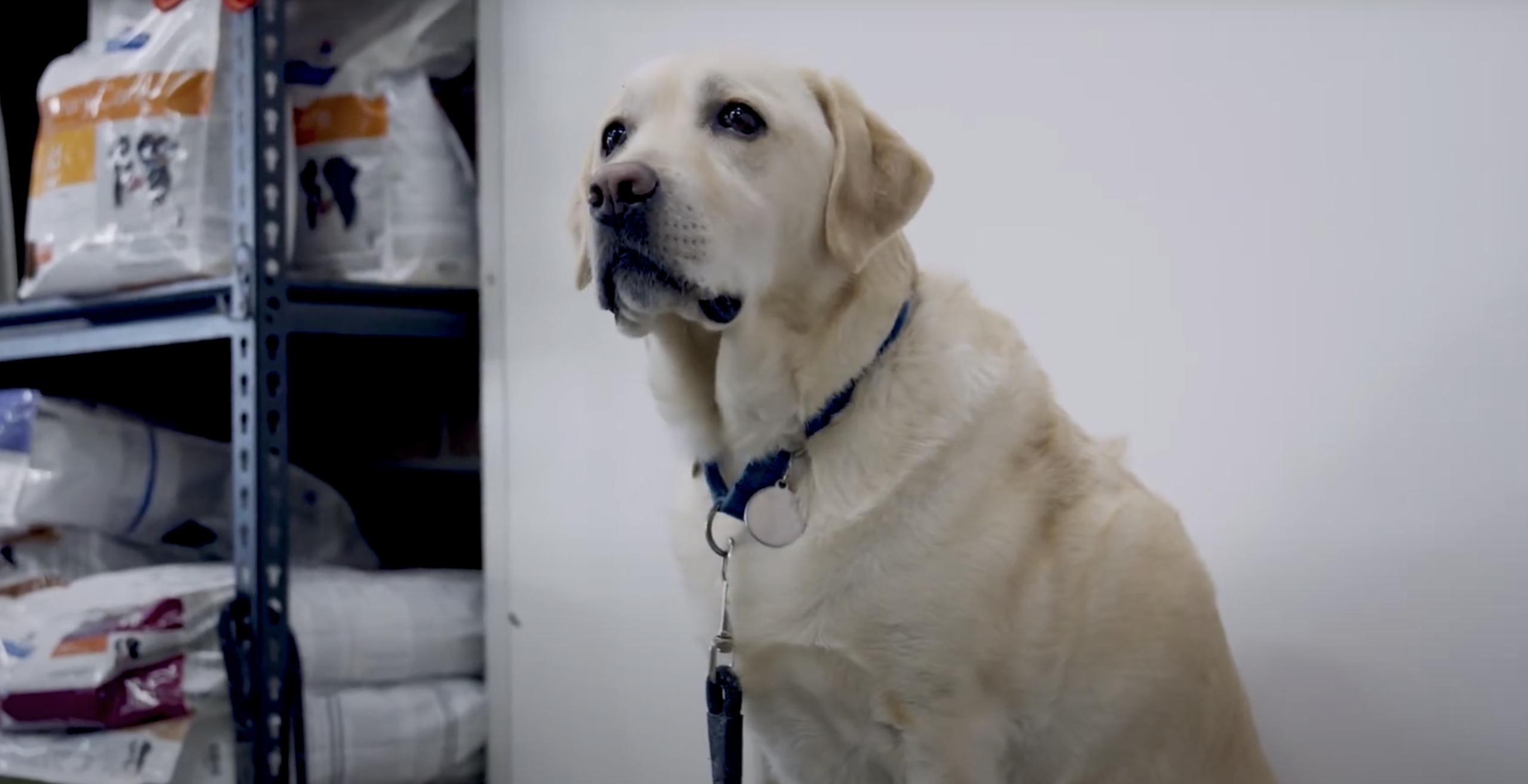In many cases, dogs eating grass is a natural and common behaviour
It’s not uncommon for dog owners to witness their furry companions munching on grass from time to time. While the behaviour may raise concerns, it’s essential to understand that, in many cases, dogs eating grass is a natural and common behaviour. This article aims to shed light on the reasons behind this behaviour and what pet owners should be aware of.
Reasons Why Dogs Eat Grass:
Natural Instinct
Dogs, like their wild ancestors, may have an instinctual urge to consume plant material. In the wild, canines would eat plants as part of their diet to supplement nutrients and aid in digestion. Domesticated dogs may retain this instinct even when their diets are nutritionally complete.
Digestive Aid
Grass contains fiber, which can help promote healthy digestion. Some dogs may instinctively eat grass to induce vomiting, potentially helping them eliminate indigestible material or soothe an upset stomach. However, not all dogs vomit after consuming grass, and it’s not always a cause for concern.
Nutritional Deficiency
Dogs might eat grass if their diet is lacking in certain nutrients. While commercial dog food is formulated to meet nutritional needs, individual dogs may still feel the need to seek out additional nutrients from plants. Ensuring a balanced diet and consulting with a veterinarian can address potential nutritional gaps.
Boredom or Anxiety
Dogs may chew on grass as a way to alleviate boredom or cope with anxiety. Providing sufficient mental and physical stimulation, along with engaging toys and activities, can help reduce this behavior. Addressing the root cause of boredom or anxiety is crucial for overall well-being.
Taste and Texture
Some dogs simply enjoy the taste or texture of grass. It can be a sensory experience for them, similar to how humans may chew on gum or pen caps. While this behavior is generally harmless, monitoring the types of grass your dog has access to is essential to prevent ingestion of potentially harmful substances.
What You Should Look Out For
Pesticides and Chemicals
Ensure that the grass your dog has access to is free from pesticides, fertilisers, and other harmful chemicals. If you’re unsure, it’s best to discourage your dog from eating grass in unfamiliar areas. Consider creating a designated, safe space for your dog to explore.
Toxic Plants
Familiarise yourself with common toxic plants that could be present in your environment. Some plants can be harmful or even deadly to dogs, so it’s crucial to prevent them from ingesting them. Keep your yard and living spaces free from potentially toxic plants.
Excessive Vomiting or Diarrhoea
While occasional grass consumption is usually harmless, persistent vomiting or diarrhoea could indicate an underlying issue. If your dog exhibits these symptoms, consult with your veterinarian to rule out any health concerns. Consider keeping a record of your dog’s grass-eating episodes to share with your vet.
Change in Eating Habits
If your dog suddenly starts eating more grass or displays changes in appetite, it may be a sign of an underlying health issue. Regular veterinary check-ups can help identify and address any health concerns promptly. Be observant of changes in behavior, weight, and overall well-being.
Summing up
In most cases, dogs eating grass is a normal behaviour that can be attributed to their natural instincts, dietary preferences, or the desire for additional nutrients. However, responsible pet ownership involves being aware of potential risks and monitoring your dog’s behavior for any signs of distress. If you have concerns about your dog’s grass-eating habits or notice any unusual symptoms, consult with your veterinarian for personalized advice and guidance. Remember, a well-balanced diet, a safe environment, and regular veterinary care contribute to your dog’s overall health and happiness.
